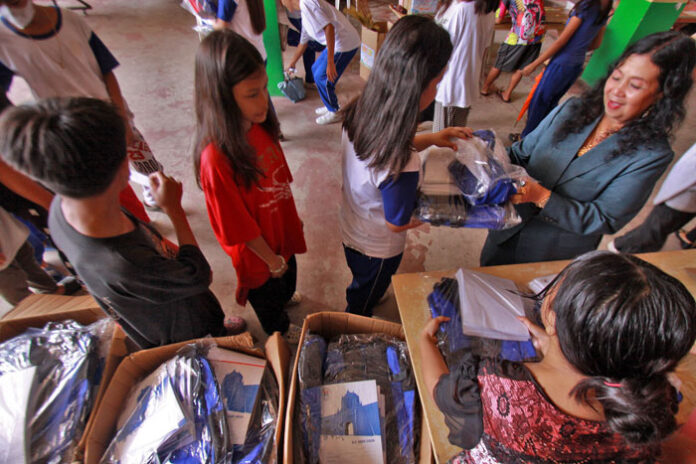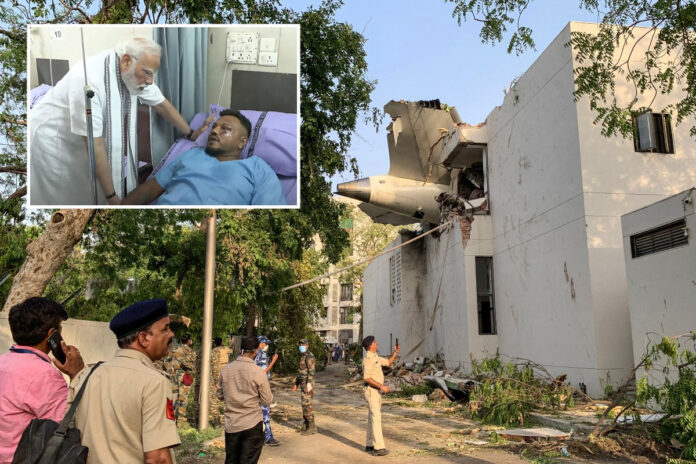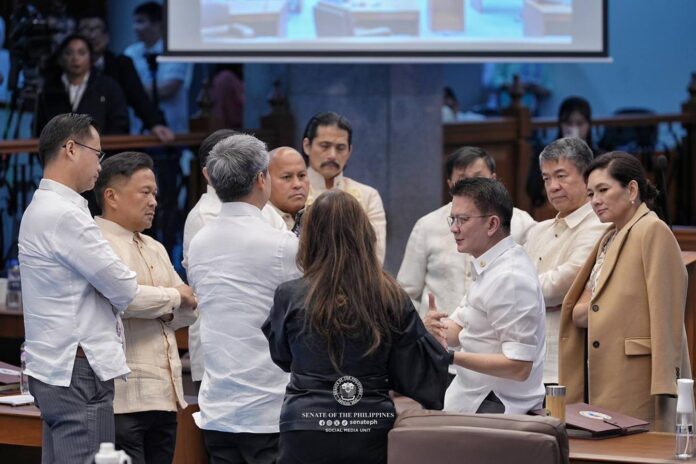Education Secretary Juan Edgardo Angara said Friday the Marcos administration is now pushing to adopt a Public-Private Partnership (PPP) model to close the classroom gap.
“At this (current) budget rate, it will take us 55 years to close the classroom gap,”Angara said in an interview with Super Radyo dzBB.
Angara said the shortfall stems from a confluence of negative forces, such as rapid population growth, aging infrastructure, calamities that destroy school buildings, and decades-long underinvestment in basic education facilities.
The concept involves ‘build now, lease to government.’ This means the private sector will build first, then the government pays in installments over 10 years.
Angara stressed that this setup will not pass on the cost of construction to the students or their parents.
“Students won’t have to pay anything. The government will shoulder the lease, not the parents or children,” he said.
According to him, the PPP approach is already being used in other sectors and offers a “faster, scalable, and more flexible solution compared to traditional procurement systems.”
The Department of Education is currently in talks with the Department of Finance, the Department of Budget and Management, and the PPP Center to fine tune the structure and pilot implementation of the plan.
Once approved, it may open the door for more modern, disaster-resilient classrooms built in bulk.
The department aims to prioritize areas most affected by disasters and overcrowding, particularly in relocation sites and fast-growing communities.
Angara said with the partnership, “we might be able to build 10,000 classrooms in just one year—not just ten or twenty.”
He acknowledged that while classroom construction is not as headline-grabbing as free tuition or gadgets, it’s one of the most critical investments in basic education.
“It’s not exciting, but if you don’t have a classroom, the child really can’t learn,” Angara added.
The classroom shortage remains one of the key bottlenecks in the country’s recovery from the pandemic-era learning crisis. Many schools continue to implement double or triple shifts, while others hold classes in makeshift or open-air areas.
Angara said DepEd is taking a multi-pronged approach: addressing teacher shortages, revising the curriculum, and fixing the physical foundations of learning.
“If we want quality education, we also need quality facilities,” he stressed.









